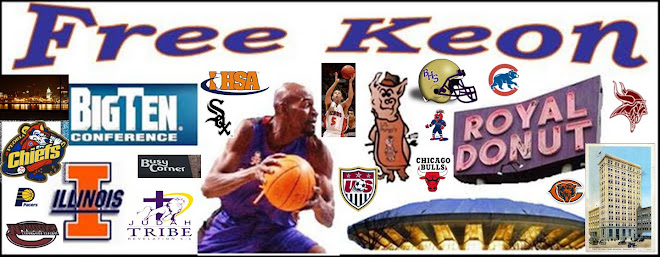Slammin' Sam on Sports Media
Some people I know say the NBA is dead, or worse yet, irrelevant. I am far, far away from sharing that opinion. But for people who like reminiscing about the “glory days,” this week’s spotlight is for you. The Sports Guy isn’t the only basketball nut and Boston enthusiast producing worthy reads!
Longtime Boston Globe writer Jackie MacMullan breathes fresh life into the NBA’s burgeoning years with “When the Game was Ours.” Centered on the Magic and Bird rivalry, the book is a joy to read.
Read this book because:
1. The book is organized by date. Even though the story takes the reader through Magic and Bird’s careers, it doesn’t feel as though the games and the years are ebbing away. Rather, MacMullan’s writing whisks readers along as if they were stretched out in a roomy automobile with the top down and the sun beaming.
In the spring of 1978, more than a year before the duo dueled for the ’79 NCAA championship, Bird and Johnson met for the first time. Except unlike their future battles that captivated the basketball world, this initial meeting was a bit of a yawner to onlookers. The pair played together on the World Invitational team but was relegated to practices because coach Joe B. Hall wanted his Kentucky Wildcat players to light up under the spotlight, not two Midwestern boys.
2. Similar to the Bob Gibson and Reggie Jackson collaborative effort I reviewed a few weeks back, the two giants use “When the Game was Ours” as an opportunity to remove the veneer that sometimes surrounded the two adversaries. Sure, the public saw an image of confidence and control much of the time when it came to Magic and Bird, but behind closed doors there was bound to be some loneliness and doubt that this book delves into.
As Magic transformed himself into a one-man wrecking crew in the face of Kareem Abdul Jabbar’s absence in 1980, Bird himself was almost debilitated watching the game on TV. “I was jealous and ticked off. At the same time, I was in total awe of what he had done,” Bird said, (When, 63) adding that he was well aware of the mounting pressure to keep up with his rival.
Bird and Johnson reversed positions at his Johnson’s expense in 1984. The Celtics defeated the Lakers in seven games that year. Afterward Magic was helpless. Literally all he could do was watch in agony while Bird basked in championship glory. The Lakers couldn’t escape the scene of the crime because back in those days, teams did not charter private planes like they do today. (112)
3. The book allows fans to peep into the private moments.
For instance when Bird learned of Magic’s HIV diagnosis. “You’ve got to call Larry,” Johnson told his agent in 1991. (226) Johnson was about to break the news of his HIV diagnosis. He did not want his friend to find out from the news. Bird didn’t answer when Lon Rosen called him, but when he found an urgent message awaiting him, the former Celtic insisted on talking with his longtime friend immediately. After their conversation, Bird collapsed on his bed for the next three hours.
Remarkably, Magic has persevered. In doing so he serves as an inspiration for many, including Bird. That strength and charisma comes through loud and clear in this book. And it sounds like Bird, in his unwillingness to back down or give an inch, may have had something to do with Magic’s determination to keep going as well. Somehow MacMullan manages to reckon with those forces in a powerful way that you just have to read.
Sam Miller/Free Keon
Tuesday, November 10, 2009
Subscribe to:
Post Comments (Atom)


![Validate my Atom 1.0 feed [Valid Atom 1.0]](valid-atom.png)
No comments:
Post a Comment